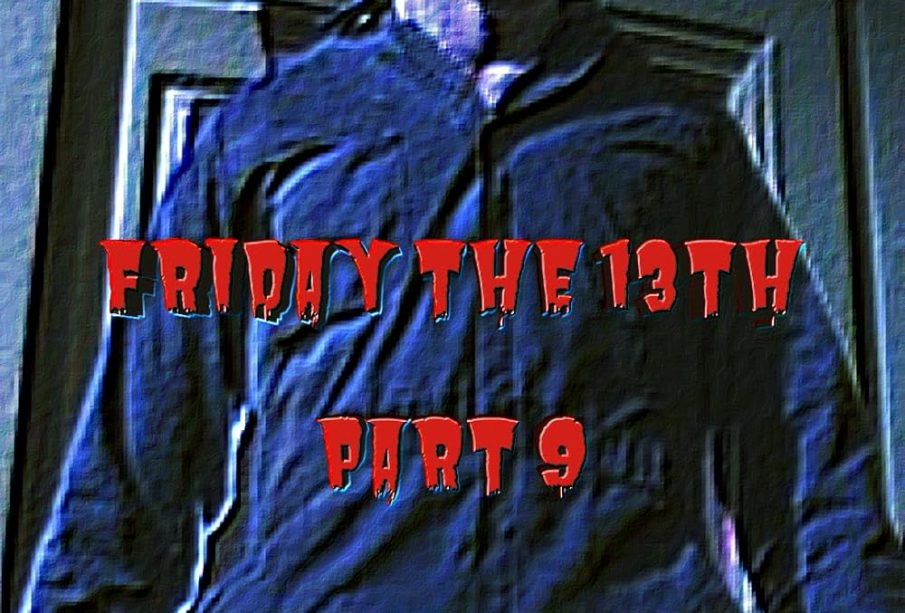The Significance and Beliefs Surrounding Friday the 13th

Introduction
Friday the 13th is widely regarded as an unlucky day in many cultures, sparking fear and curiosity among people. This day combines the superstition associated with the number thirteen, which has been historically seen as a symbol of misfortune, with the day of the week, Friday, which has its own set of negative associations. Understanding the implications and cultural significance of Friday the 13th reveals much about human psychology and societal beliefs.
Historical Context and Superstitions
The fear of Friday the 13th, known as “triskaidekaphobia,” has roots in various historical events and cultural narratives. One noteworthy mention is that of the Last Supper, wherein Judas Iscariot, the apostle who betrayed Jesus, is often regarded as the thirteenth guest seated at the table, leading many to view the number as malevolent. Furthermore, Fridays have long been regarded as a day of misfortune. In medieval times, it was considered an ill-omened day of execution and dire occurrences.
Current Beliefs and Impacts
Today’s beliefs about Friday the 13th continue to influence behavior. Many people choose to avoid making important decisions or starting new projects on this day, while some even cancel travel plans. According to a survey conducted by the Stress Management Society in the UK, approximately 17 million people in the country hold some form of concern about the date. Businesses, particularly in tourism and hospitality, report a drop in sales on this day as consumers tend to stay home instead of venturing out.
Cultural Representation
The impact of Friday the 13th extends to popular culture, with the iconic horror movie franchise of the same name contributing to the date’s notoriety. The 1980 film introduced the character of Jason Voorhees, who has become a symbol of fear and has cemented the date’s reputation in horror lore. This representation has sparked not only a thriving film franchise but also conventions, merchandise, and themed events that embrace the spine-chilling essence of the day.
Conclusion
As Friday the 13th approaches, the collective consciousness around this date offers a glimpse into human nature’s fascination with luck and superstition. The blending of history, culture, and societal beliefs continues to evoke reactions ranging from cautious avoidance to playful celebration. With a rich history steeped in both fear and fun, Friday the 13th remains a significant day, underlining the broader human tendencies towards superstitions and the meaning we assign to numbers and occurrences.


